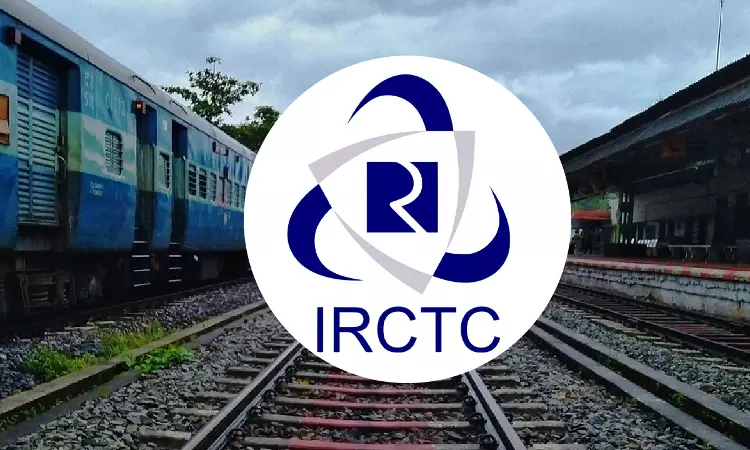IRCTC's Food Plaza Licenses Not 'Renting Of Immovable Property': CESTAT Quashes ₹2.88 Crore Service Tax Demand
Sahyaja MS
14 Oct 2025 7:45 PM IST
The Customs, Excise & Service Tax Appellate Tribunal (CESTAT), New Delhi, recently held that the arrangement between Indian Railway Catering and Tourism Corporation Ltd. (IRCTC) and private vendors for operating Food Plazas at railway premises does not amount to 'renting of immovable property' and, thus, does not attract service tax under that category.A two-member coram comprising...
The Customs, Excise & Service Tax Appellate Tribunal (CESTAT), New Delhi, recently held that the arrangement between Indian Railway Catering and Tourism Corporation Ltd. (IRCTC) and private vendors for operating Food Plazas at railway premises does not amount to 'renting of immovable property' and, thus, does not attract service tax under that category.
A two-member coram comprising Judicial Member Binu Tamta and Technical Member P V Subba Rao held that the agreements were not lease transactions but business arrangements based on revenue sharing.
The tribunal observed, “On an overall reading of the documents, the essential character of the agreement is discerned, which is operation and management of Food Plazas and the space provided at the railway stations was merely ancillary and incidental to the implementation of the primary activity. The object is not to give any free land to the licensee for selling the items like a normal restaurant as neither the title of the agreement nor its contents reflects that the main intention of the parties was to rent out the property/land/building...”
The case arose after the Service Tax Department issued a show cause notice demanding ₹ 2,83,44,301 in service tax from IRCTC for the period June 1, 2007 to March 31, 2012. The department alleged that it had effectively leased out premises to private contractors and failed to pay service tax for renting immovable property.
It further alleged that the license fees received by IRCTC for allowing private entities to run static units like Food Plazas and kiosks amounted to rent, and that such activity was taxable from June 1, 2007.
The Adjudicating Authority, Service Tax Commissionerate, Delhi-I, confirmed the demand through an order dated April 15, 2025, and imposed interest and penalties.
However, IRCTC appealed the decision, contending that the license agreements were not for the use of property but for carrying out catering operations under a revenue-sharing model.
IRCTC's counsel argued that the dominant intention of the agreement was not to lease space, but to enable and regulate the operation of food services. He emphasised that the payments made by licensees were not fixed rent but a percentage of their sales turnover.
Agreeing with the IRCTC's arguments, the Tribunal held that the fixed rent element, a key condition for taxing a transaction as renting of immovable property, was missing. The Bench stated:
“Secondly, there is no concept of fixed rent which has been held to be a dominant factor in determining that the activity amounts to renting of immovable property. In the present case, the Policy (Para 14.5) itself says that in the case of static units, there will be no separate charges payable towards rent of building/land payable by the licensee to IRCTC. The revenue earned by licensee was shared as percentage of his sales turnover with IRCTC on revenue sharing basis.”
Further, the Tribunal examined whether a service provider–service recipient relationship existed between IRCTC and the licensees, a prerequisite for levy of service tax under the Finance Act.
It held,“We are of the opinion that there is no concept of service provider and service recipient. Neither the appellant is providing any service nor the third-party/the licensee is in receipt of any services. As per the agreement which we have examined earlier, it is evident that the relationship is on principal to principal basis.”
The Tribunal also found merit in IRCTC's contention that the extended period of limitation invoked by the Department was not legally sustainable. It noted that two previous show cause notices had been issued on similar facts and that the Department was well aware of the arrangement.
Ultimately, the Tribunal held that the demand was unsustainable both on merits and on limitation.
Case Title: M/s.Indian Railway Catering & Tourism Corporation Ltd v Commissioner of Service Tax, Delhi
Case Number: Service Tax Appeal No.52667 of 2015
Appearances:
For Appellant: Advocates Sanjeev Sachdeva,Nikhil Kapoor, Anagha and S C Kamra for the appellant.
Click here to read/download order.



